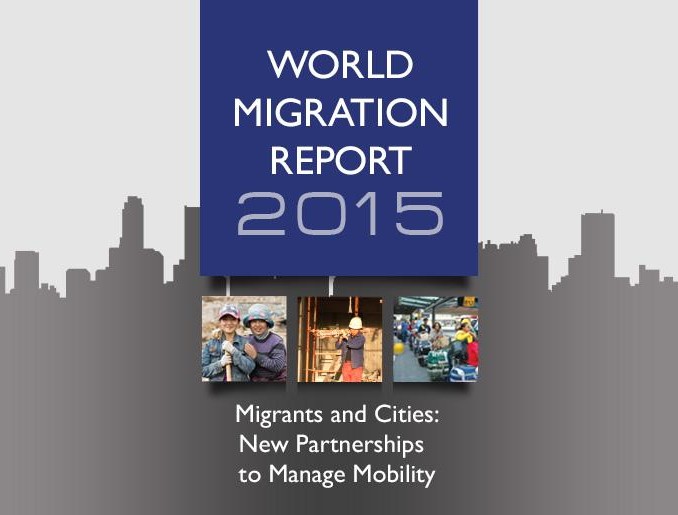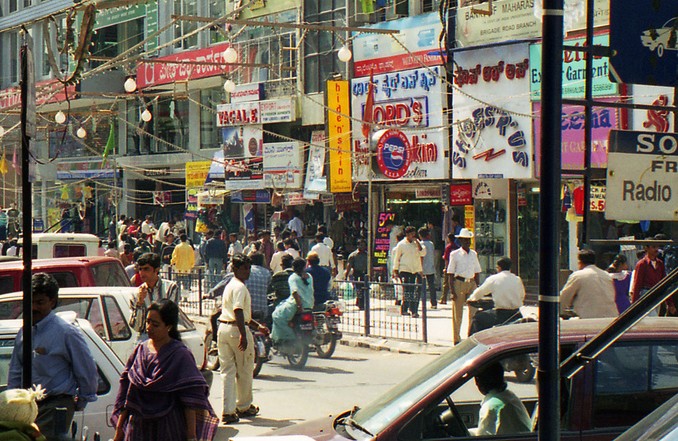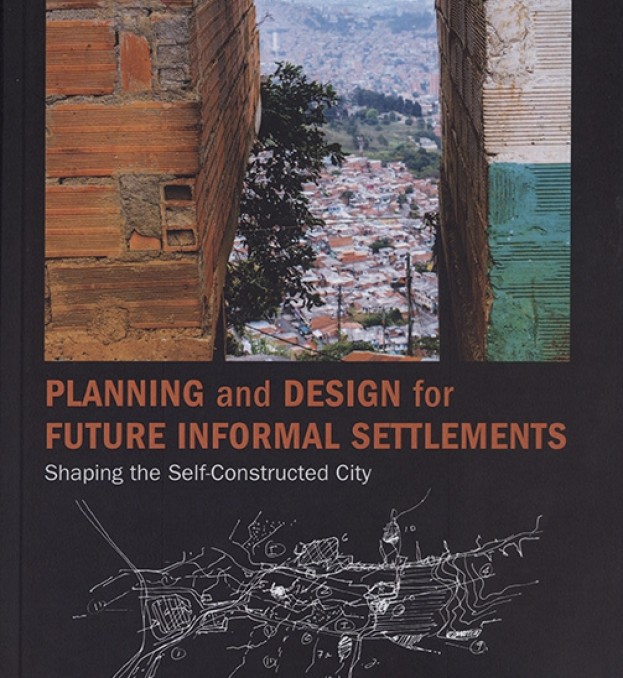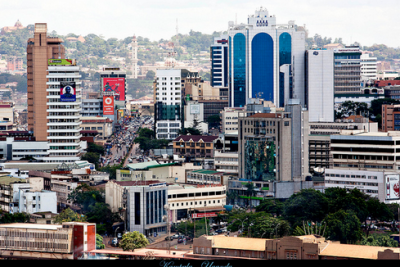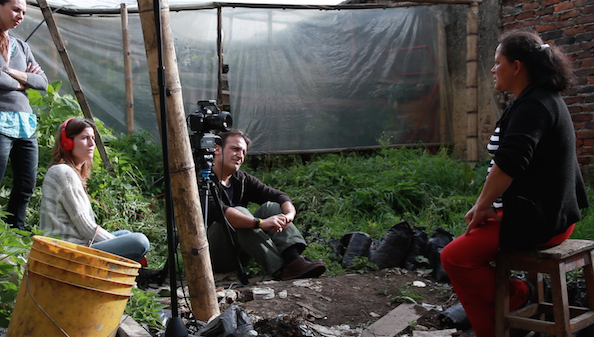World Migration Report 2015 | International Organization for Migration
The World Migration Report 2015: Migrants and Cities, New Partnerships to Manage Mobility ─ the eighth report in IOM’s World Migration Report (WMR) series ─ focuses on how migration and migrants are shaping cities and how the life of migrants is shaped by cities, their people, organizations and rules.
Civic Data Lab
The Civic Data Design Lab works with data to understand it for public good.We seek to develop alternative practices which can make the work…
ICLEI Case Studies | Shimla, India
ICLEI Case Studies The ICLEI Case Study series highlights the role of ICLEI Members and other local governments as key drivers and implementers of…
Institute for Humanities and Social Sciences (INSHS)
Research carried out in the laboratories run by the CNRS Institute for Humanities and Social Sciences (INSHS) helps to build the essential theories and analytical…
Re-Framing Urban Inclusion in India
Re-Framing Urban Inclusion, a project of the Indian Institute for Human Settlements, is a collaborative, multi-year research project, supported by the Ford Foundation, to develop a catalog of 36 original teaching and learning cases. These cases will give urban practitioners insights into policy realities and emerging forms of urban practice across India and the global South.
Planning and Design for Future Informal Settlements
In the Commons blog, David talks more about his book, Planning and Design for Future Informal Settlements,Shaping the Self-Constructed City, and the process he’s developed called Informal Armatures (IA), a simple working and design approach to foster the emergence of new informal settlements and accompany their sustainable evolution.
Planning and Design for Future Informal Settlements
We are in urgent need of new tools to deal with the processes of informal urbanization. It is mandatory to understanding informality not only as a marginal phenomenon but as mainstream city making and an integral part of hybrid cities in which the formal and the informal can co-exist and interact in a beneficial manner. My recent publication Planning and Design for Future Informal Settlements: Shaping the Self-Constructed City is an attempt to move in this direction.
Uganda hosted its first Urban Development Conference
Africa City and Urban Development Conference: Although only 14 percent urban in 2009 it is expected that by 2050 Uganda will be amongst the most urbanized countries in Africa with 70% of the population in urban areas.The Uganda Vision 2040 was launched in 2014, to guide the socio-economic development of East Africa’s third largest economy.
The Lindy Institute for Urban Innovation
The Lindy Institute for Urban Innovation at Drexel University is a semi-independent interdisciplinary organization, named in honor and recognition of Philip Lindy and his…
Towards the Human City – Colombia Part II
First Stop: Colombia – Part II Identifying transformative initiatives in Bogotá was easy in light of the vast richness of initiatives and a well-organised…

